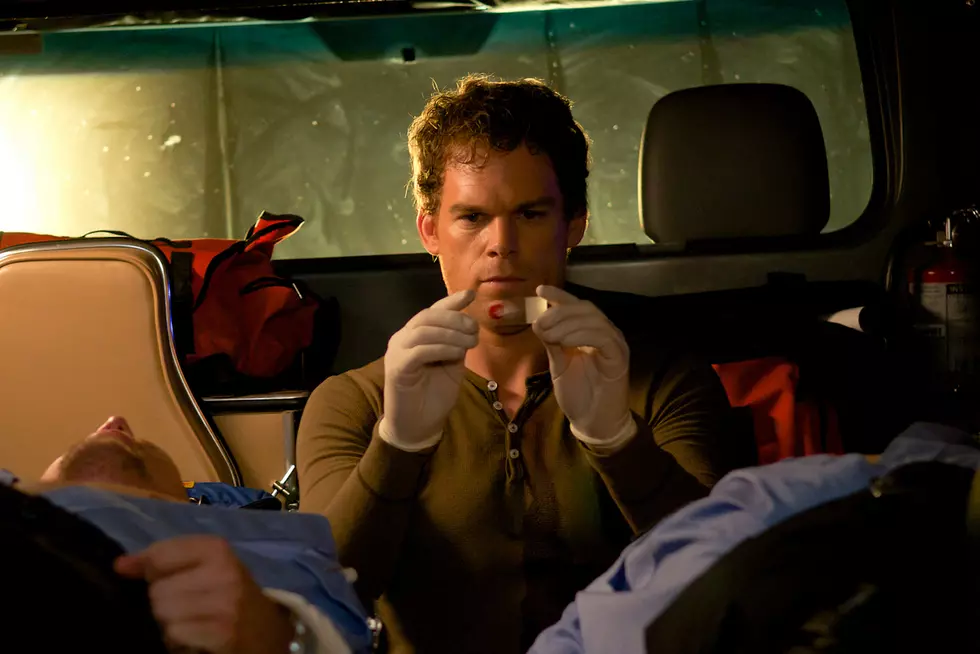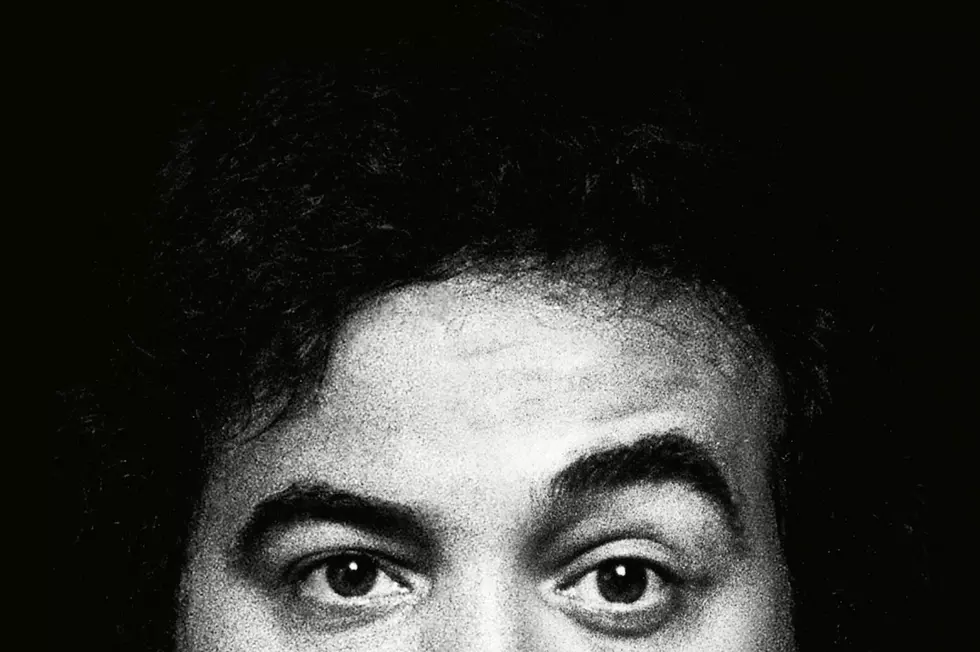
‘Dexter’ Series Finale: Ex-Showrunner Clyde Phillips Reveals Drastically Different Ending
'Dexter''s disappointing final hour "Remember the Monsters" brought the series to an ultimate close this past Sunday, leaving an open-ended resolve that producers claim hadn't been written any other way. And while the final season of the Showtime serial killer hit has brought with it an array of criticism, none prove so biting as former showrunner Clyde Phillips, who himself had a drastically different ending in mind for the Bay Harbor Butcher.
Rather than spend the rest of his days in lumberjack solitude, Phillips (who departed the series after season 4, believing the story to have dried up) revealed in conversation with E! that he would have seen Dexter Morgan brought to much more literal justice than the ending "Remember the Monsters" ultimately presented us with, in which none of Dexter's crimes were ever brought to light.
Said Phillips of his own image for the finale, which presumably would have taken drastically different roads to arrive here:
In the very last scene of the series. Dexter wakes up. And everybody is going to think, ‘Oh, it was a dream.’ And then the camera pulls back and back and back and then we realize, ‘No, it’s not a dream.’ Dexter’s opening his eyes and he’s on the execution table at the Florida Penitentiary. They’re just starting to administer the drugs and he looks out through the window to the observation gallery.
And in the gallery are all the people that Dexter killed—including the Trinity Killer and the Ice Truck Killer (his brother Rudy), LaGuerta who he was responsible killing, Doakes who he’s arguably responsible for, Rita, who he’s arguably responsible for, Lila. All the big deaths, and also whoever the weekly episodic kills were. They are all there.
According to Phillips, the entirety of the 'Dexter' series would have been revealed as the character's life flashing before his eyes in the moments before execution, similar to the 1890 Ambrose Pierce story "An Occurrence at Owl Creek Bridge," in which a soldier experiences a vision of escape in the moments of his own hanging.
It's hard to say if Phillips vision of the ending would have proven any more satisfying than what we got, or if we'd learn the ultimate circumstances that brought Dexter to justice. We've heard the current showrunners' arguments in defense of the finale, though they haven't done much to lift our impressions for the moment. What say you? Would Phillips' conclusive ending have made a more fitting swan song for 'Dexter'?
More From ScreenCrush









